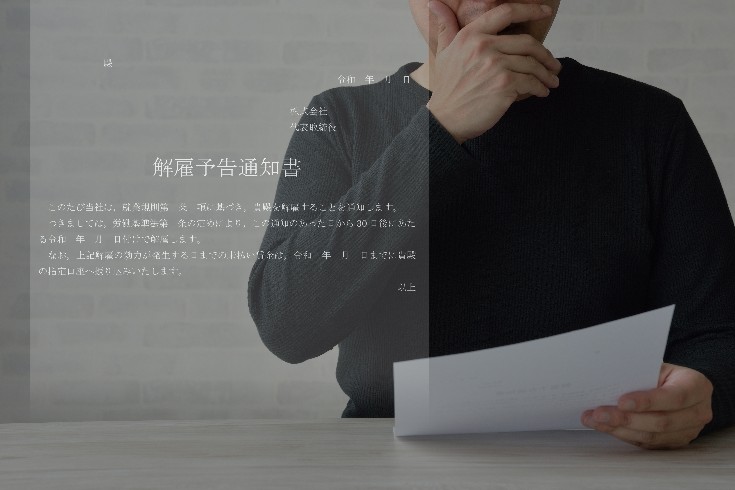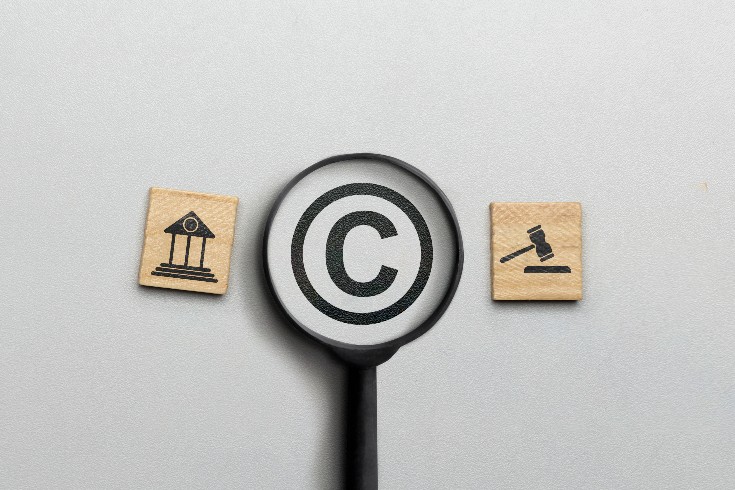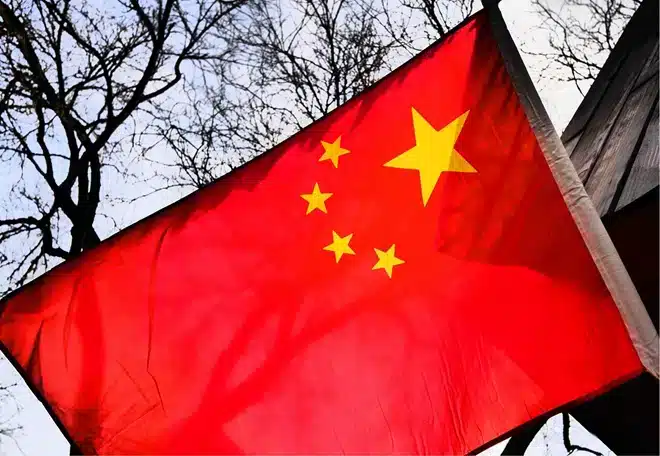Is There a Maximum Amount for Prizes and Sweepstakes? Explaining Each Category Defined by the Japanese 'Prize Display Act

While it is not inherently wrong to offer prizes and incentives with products or services in hopes of attracting more customers and encouraging purchases, problems can arise when the value of these prizes becomes excessively high. To prevent consumer decision-making from being swayed by overly expensive prizes, the ‘Japanese Premiums and Representations Act (Premiums Law)’ sets a maximum value for such prizes.
Here, we will provide a detailed explanation of the regulations related to sweepstakes and prizes as defined by the Japanese Premiums and Representations Act. It is important to be aware of the maximum prize values stipulated by the Premiums Law for each type of sweepstakes and prize, to avoid becoming subject to penalties.
The Premiums and Representation Act (Japanese Premiums and Representation Act) and Two Types of Sweepstakes
The Premiums and Representation Act, formally known as the “Act against Unjustifiable Premiums and Misleading Representations,” is a key piece of consumer protection legislation in Japan.
The Consumer Affairs Agency explains the Premiums and Representation Act as follows:
The Premiums and Representation Act strictly regulates false representations of the quality, content, and price of goods and services, and limits the maximum amount of premiums offered to prevent excessive inducements. This ensures an environment where consumers can autonomously and rationally choose better goods and services.
Source: Consumer Affairs Agency | Premiums and Representation Act[ja]
In essence, the Premiums and Representation Act is a law that regulates premiums such as giveaways and freebies that come with products and services, as well as advertising slogans. It aims to prevent consumers from being misled about the quality and content of products and services by such premiums and representations.
Within the context of the Premiums and Representation Act, “sweepstakes” refer to the provision of premiums based on chance, such as lotteries, or on the correctness or superiority in quizzes and games.
There are various types of sweepstakes, including lotteries, and depending on the type, they may or may not be subject to regulation under the Premiums and Representation Act.
Sweepstakes can be broadly divided into two categories:
- Open-type sweepstakes
- Closed-type sweepstakes
We will explain in detail the content and conditions of these two types of sweepstakes.
Open-type Sweepstakes
Open-type sweepstakes are those without any conditions for participation or entry. They do not involve any financial transactions, such as the purchase of goods, between the entrants and the organizers, and anyone interested can easily participate by applying. Applications can be made via the internet, social media, or by sending a postcard.
Examples of open-type sweepstakes include those that gather participants through free membership registration, newsletter sign-ups, or by answering surveys or quizzes (regardless of correctness). Since open-type sweepstakes do not involve any financial transactions and are open to anyone unconditionally, they are not considered “sweepstakes” under the Premiums and Representation Act and are not subject to its regulations.
Generally, open-type sweepstakes are conducted not to promote the purchase of products or services but to increase the awareness of the products or services.
Closed-type Sweepstakes
Closed-type sweepstakes are those with specific participation conditions. In these sweepstakes, a transaction occurs between the provider of the prize and the entrant.
For example, sweepstakes where you can enter a drawing with a receipt from a purchase or with collected stickers are clear instances of closed-type sweepstakes.
Even if there is no direct transaction such as a product purchase or service use, if visiting a store is a necessary condition for entry into the draw, it is classified as a closed-type sweepstakes. Sweepstakes that are open to the first visitors to a store or lotteries held at the store also fall under closed-type sweepstakes.
Definition of Prizes under the Japanese Premiums and Representations Act (Jōhin Hyōji Hō)
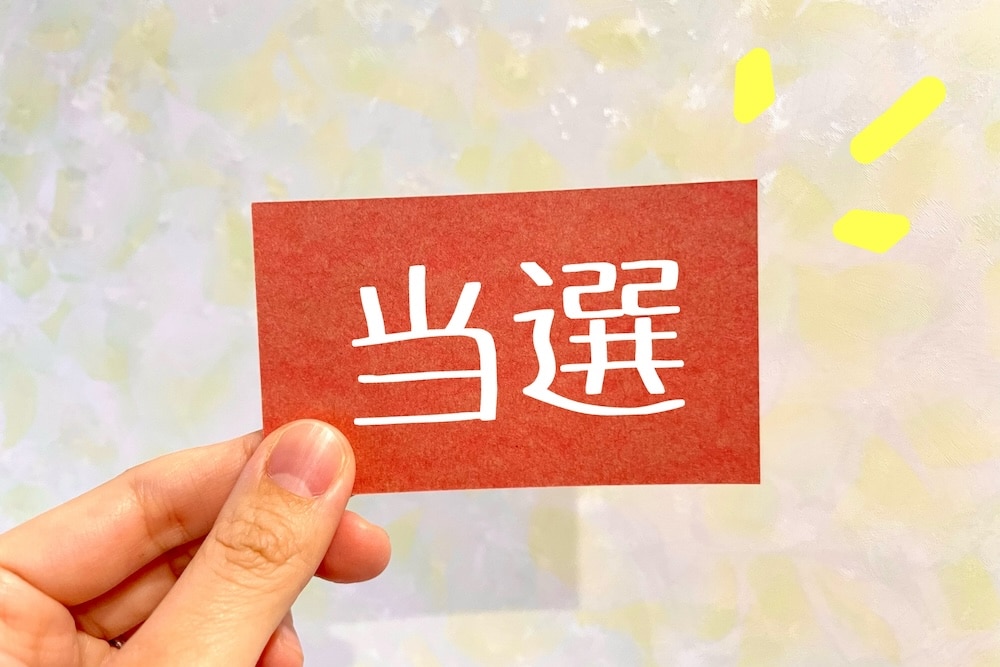
In sweepstakes, closed sweepstakes are subject to regulation under the Japanese Premiums and Representations Act, and there is a cap on the amount of prizes that can be offered. But what exactly is the definition of a prize under the Premiums and Representations Act?
The Consumer Affairs Agency defines a prize under the Premiums and Representations Act based on the following three elements:
- A means to attract customers
- Provided by a business in conjunction with the transaction of goods or services it supplies
- Goods, money, or other economic benefits
If these criteria are met, the prize will be subject to the cap on the amount under the Premiums and Representations Act.
Applicability of the Japanese Premiums and Representations Act (Jōhinhyōji-hō) to Sweepstakes and Prize Amounts
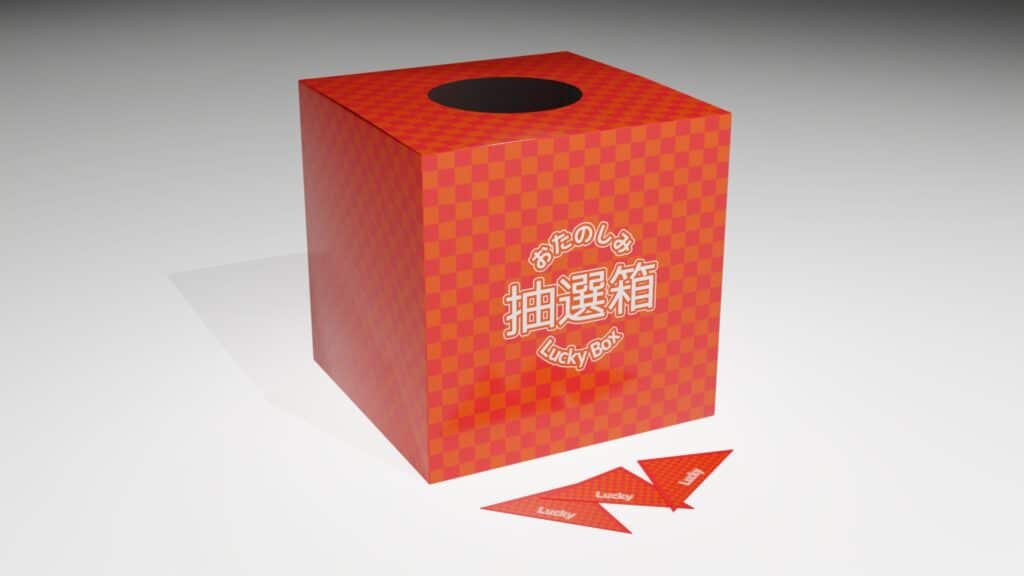
The Japanese Premiums and Representations Act regulates “closed-type sweepstakes,” as we have explained. Closed-type sweepstakes are further categorized into the following three types:
- “General sweepstakes” that involve lotteries or drawings
- “Joint sweepstakes” conducted by multiple businesses
- “Total attachment prizes” distributed to all participants
For these three types of sweepstakes, there are set upper limits on the amount of the prizes.
General Sweepstakes through Lotteries and Draws
First, let’s discuss the most familiar type of sweepstakes, known as “general sweepstakes.” General sweepstakes determine winners through methods such as lotteries and draws. Participants who have purchased products or used services can enter, and whether they receive a prize is determined by chance or the superiority of specific actions. For example, winners may be decided by the randomness of a lottery or rock-paper-scissors, correct answers to quizzes or puzzles, or success in competitions or games.
In general sweepstakes, the maximum amount for prizes is as follows:
| Transaction Amount for the Sweepstakes | Maximum Amount for Prizes | |
| Maximum Amount | Total Amount | |
| If less than 5,000 yen | 20 times the transaction amount | 2% of the total projected sales amount for the sweepstakes |
| If 5,000 yen or more | 100,000 yen | |
The maximum amount for prizes varies depending on the amount spent on product purchases or service usage. It is important to note that if the transaction amount is 5,000 yen or more, the maximum amount for a single prize is capped at 100,000 yen.
Joint Sweepstakes by Multiple Businesses
A joint sweepstakes is a type of general sweepstakes where multiple businesses or organizers are involved. While the format of prize provision is the same as in general sweepstakes, the significant difference lies in the fact that there are multiple parties providing the prizes.
For example, raffles or lottery events held in shopping districts or malls, which are organized with the cooperation of multiple stores, are easy-to-understand instances of this.
The maximum amount for prizes in a joint sweepstakes is as follows:
| Maximum Amount for Prizes | |
| Highest Amount | Total Amount |
| 300,000 yen uniformly | 3% of the total planned sales amount related to the sweepstakes |
In the case of joint sweepstakes, the maximum amount for prizes is capped at 300,000 yen regardless of the transaction amount. Unlike general sweepstakes, there is no differentiation based on varying transaction amounts.
Gifts for All Participants
“Gifts for All Participants” refers to a format where gifts are provided to every participant without selecting winners through a lottery. Since this method does not determine winners by chance or superiority, it is not classified as a “sweepstakes” but rather as “Gifts for All Participants”.
For example, promotions such as “Gifts for All Applicants” or “Receive a complimentary gift with every visit” fall under the category of Gifts for All Participants. It might seem similar to a closed-type sweepstakes where only the first few visitors receive a gift, but if the condition of being among the first to visit is met, and everyone receives a gift without a draw, it is considered a “Gift for All Participants”.
The upper limit of the gift amount for Gifts for All Participants is set as follows:
| Transaction Amount | Maximum Value of Gifts |
| Less than 1,000 yen | 200 yen |
| 1,000 yen or more | 20% of the Transaction Amount |
Similar to general sweepstakes, the conditions for the gift amount vary depending on the transaction amount. Note that since gifts are provided to all participants or applicants, the amount tends to be smaller compared to general sweepstakes.
Furthermore, since gifts are provided to all participants, unlike general or joint sweepstakes, there is no upper limit set for the total amount of gifts.
What Happens When You Exceed the Specified Amount Under the Japanese Premiums and Representations Act (Jō-Hyō-Hō)
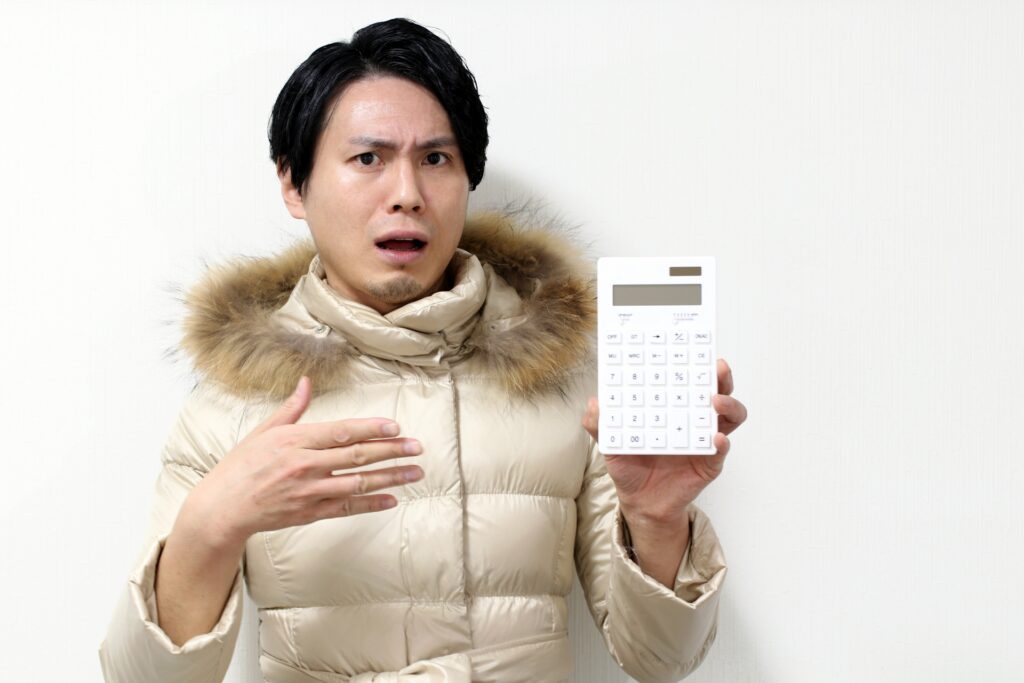
The Japanese Premiums and Representations Act sets a maximum amount for prizes that can be offered depending on the content and format of sweepstakes. If you provide a prize that exceeds the specified maximum amount, you may be charged with a violation of the Premiums and Representations Act.
If you have provided a prize in violation of the Premiums and Representations Act, you may be subject to the following three penalties:
- Compliance orders from the Consumer Affairs Agency or prefectural governments
- Payment orders for administrative fines from the Consumer Affairs Agency
If you receive a compliance order from the Consumer Affairs Agency or a local government, you may be required to stop or restrict the provision of prizes and need to make improvements to avoid violating the Premiums and Representations Act. As a general rule, if you comply with the compliance order and make improvements, you will not be subject to monetary penalties such as fines.
An administrative fine is imposed to ensure that profits gained from violations of the Premiums and Representations Act do not remain with the business. The amount of the administrative fine is calculated as 3% of the sales amount of the goods or services related to the act subject to the fine. In other words, you should consider it as if all your sales were confiscated, and on top of that, you have to pay an additional 3% of the sales amount as a fine.
If you do not comply with these compliance orders or payment orders for administrative fines, you may be subject to penalties for violations of the Premiums and Representations Act. The penalties for violating the Premiums and Representations Act are imprisonment for up to two years or a fine of up to 3 million yen for individuals, and a fine of up to 300 million yen for corporations.
For more information on the administrative fine system, please refer to the following article:
Related article: What happens if you violate the Premiums and Representations Act? Explaining the administrative fine system[ja]
Summary: Consult with a Lawyer About the Prize Limits Under the Japanese Premiums and Representations Act Before Creating Novelties

We have explained the Japanese Premiums and Representations Act (景品表示法) and discussed the maximum value of prizes for different types of sweepstakes and giveaways. The maximum value of prizes is meticulously defined for each type of sweepstakes, and violations can result in compliance orders or the imposition of administrative fines.
Even if you intend to comply with the law when organizing a sweepstakes, you might find it challenging to determine which category your sweepstakes falls into. To reduce the risk of inadvertently exceeding the prize value limits due to misclassification, we recommend consulting with a lawyer before creating novelties or other prizes.
Guidance on Measures by Our Firm
Monolith Law Office is a law firm with extensive experience in both IT, particularly the internet, and legal matters. In recent years, violations of the Japanese Premiums and Representations Act, such as misleading advertisements on the internet, have become a significant issue, and the need for legal checks is ever-increasing. Our firm analyzes the legal risks associated with businesses that are either already operational or about to launch, taking into account various legal regulations. We strive to legalize operations without halting the business whenever possible. Details are provided in the article below.
Areas of practice at Monolith Law Office: Corporate Legal Services for IT & Startups[ja]
Category: General Corporate



